
Ehlers-Danlos Syndrome Explained
Bernadette Riley, D.O., director of the Ehlers-Danlos Syndrome/Hypermobility Treatment Center, explains actress Selma Blair’s diagnosis.
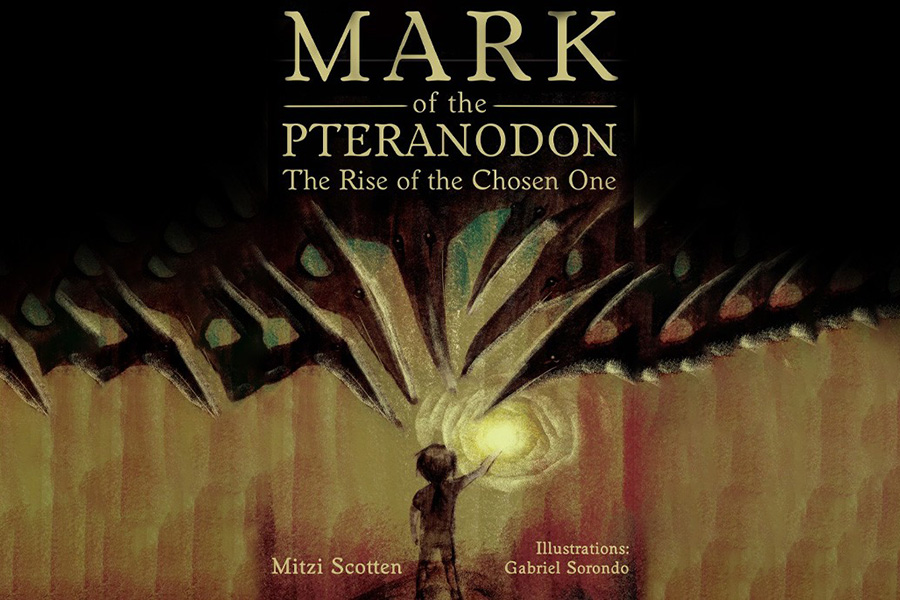
A Novel Takes to the Skies
In her debut fiction novel, NYITCOM-Arkansas’ Mitzi Scotten, M.D., tells a powerful story of mythic Hawaiian creatures and one boy’s journey to find his true purpose.
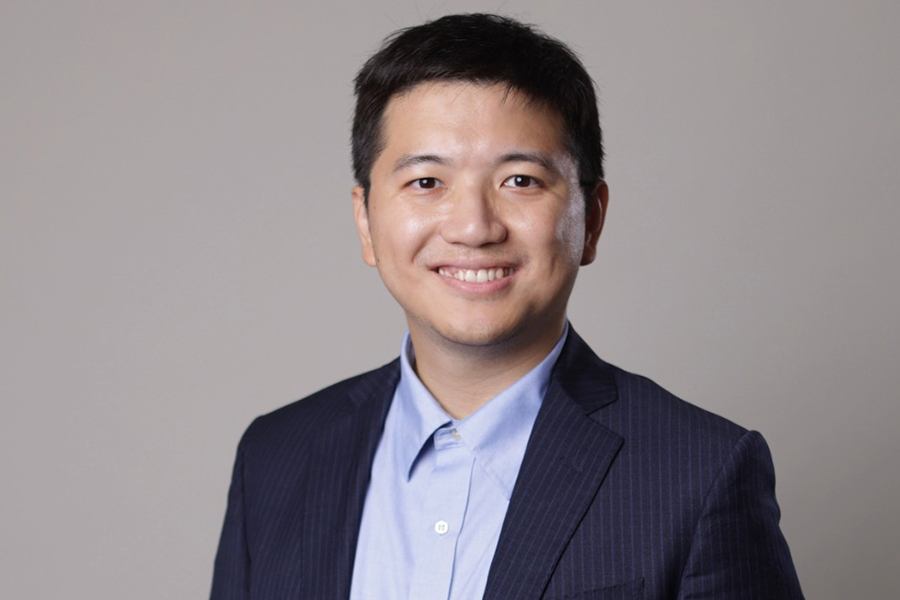
Trends in 2024: Personal Finance
Wenyao Hu, Ph.D., CFA, assistant professor at the School of Management, shares his finance predictions for 2024.
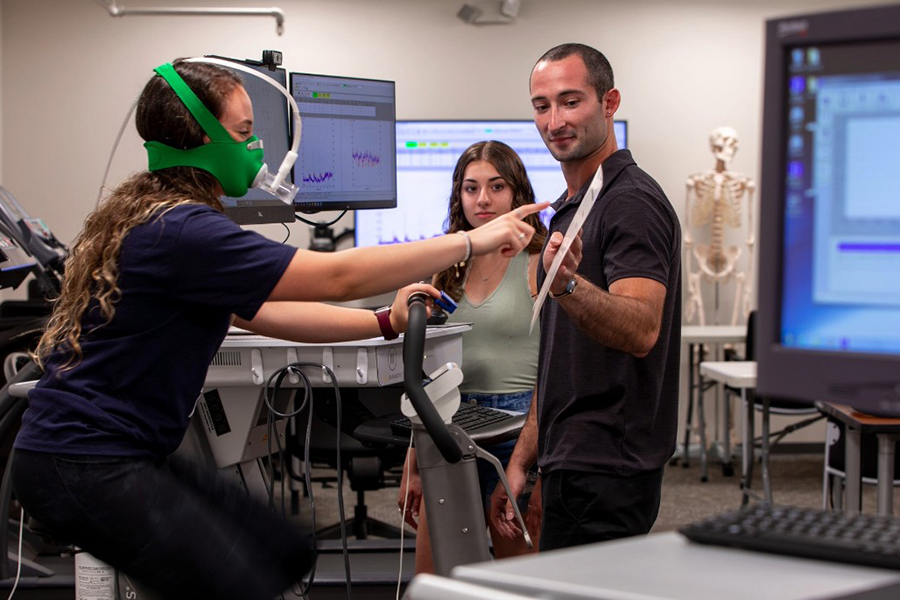
Trends in 2024: Fitness
Alexander Rothstein, M.S., instructor and coordinator for the exercise science program, predicts this year’s fitness trends and shares tips to “shape up” in the new year.
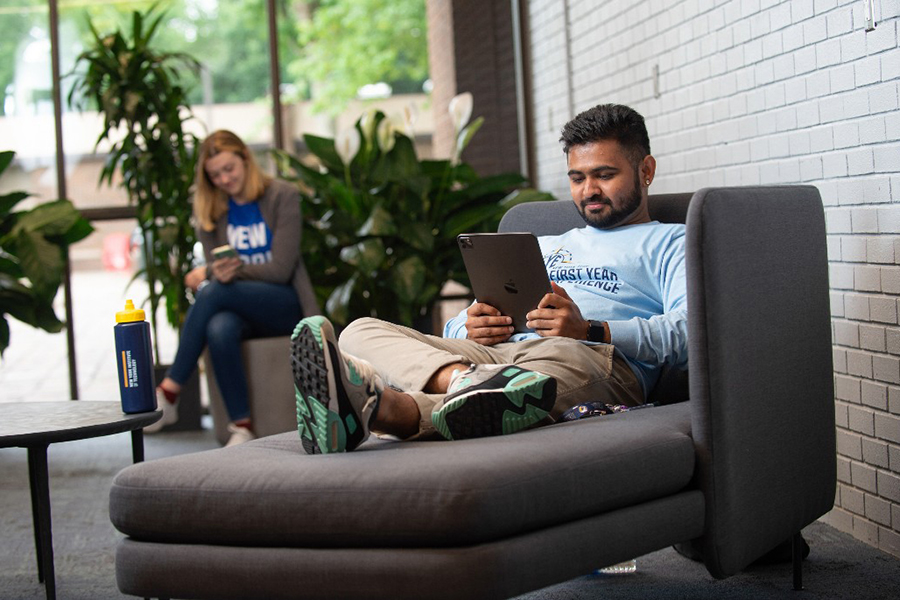
Trends in 2024: Cybersecurity
Thomas Vallario, New York Tech information security and compliance analyst, predicts what’s to come in 2024.
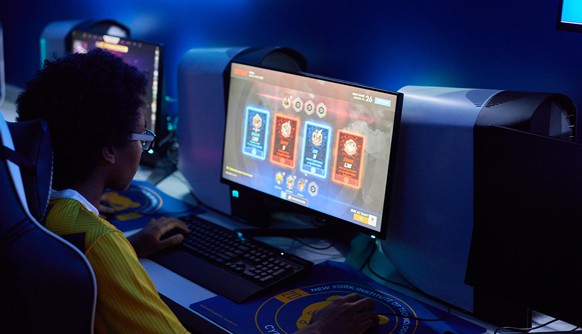
How Gamers’ Health Fared During the Pandemic
Researchers from the Center for Esports Medicine surveyed video gamers from all over the world to learn how COVID-19 pandemic shutdowns impacted gamers’ physical and mental health.
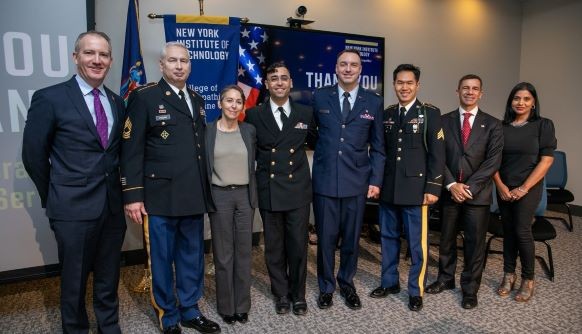
Honoring Those Who Answer the Call of Duty
In honor of Veterans Day, NYITCOM alumni, including military physicians, shared stories of caring for veterans and active service members.
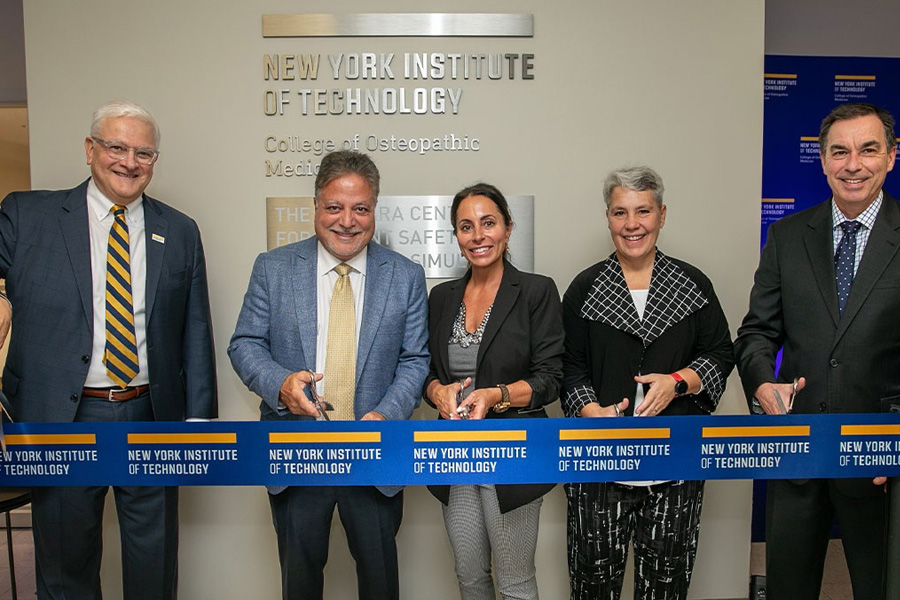
Introducing the Ferrara Center for Patient Safety and Clinical Simulation
On October 12, NYITCOM held an official grand opening for the Ferrara Center for Patient Safety and Clinical Simulation and honored esteemed alumnus and New York Tech Board of Trustees Vice Chair Daniel Ferrara (D.O. ’86).
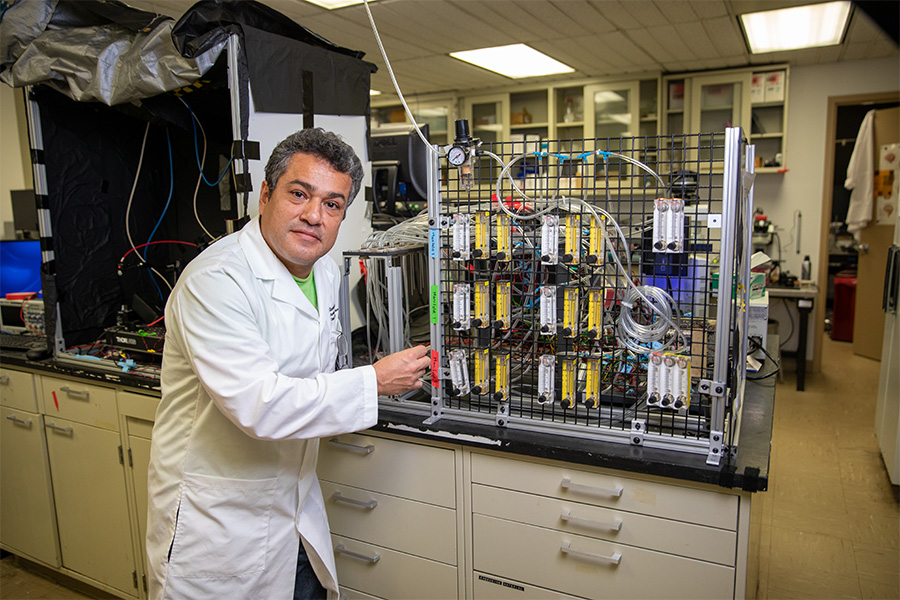
NYITCOM Researchers on the Scent
In a new study, Assistant Professor of Biomedical Sciences Gonzalo Otazu, Ph.D., of the College of Osteopathic Medicine(NYITCOM), continues to pursue clues that could help explain how sense of smell is impacted in individuals with autism.
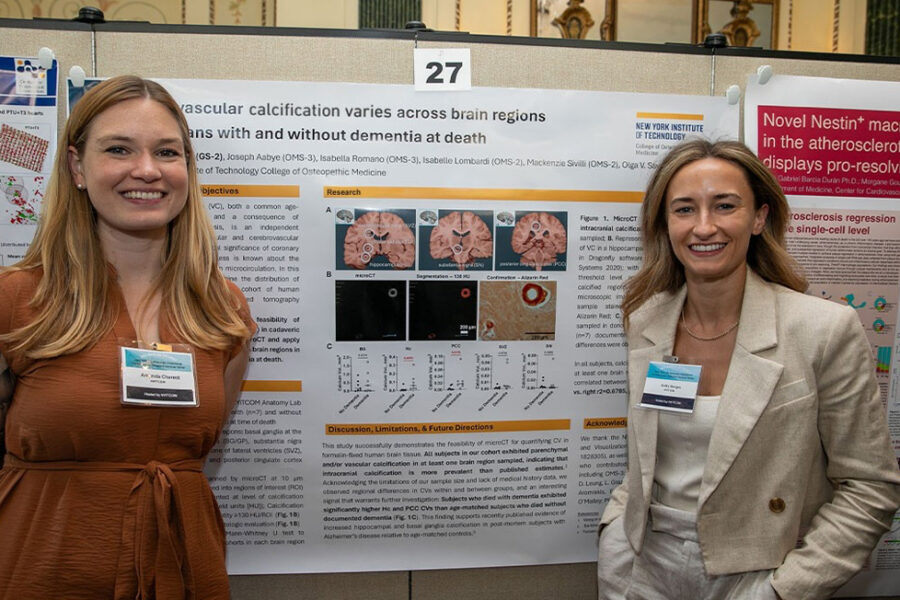
NYITCOM Hosts Cardiovascular Research Seminar
At a scholarly forum, NYITCOM faculty and students showcased scientific findings, exchanged ideas with researchers from other institutions, and forged collaborations that could one day result in life-saving discoveries.